All Categories
Swimming Pool Heater Parts & Controls
Pool heaters and controls are essential components for maintaining the perfect water temperature, ensuring that your pool is always ready for a comfortable swim, regardless of the weather. Pool heaters come in various types, including gas, electric, and solar, each designed to meet different heating needs. Gas heaters are known for their rapid heating capabilities, making them ideal for pools that need to be heated quickly. Electric heaters are more energy-efficient, making them suitable for smaller pools or spas. Solar heaters use the sun's energy, offering an eco-friendly and cost-effective solution for heating your pool. The efficiency of these heaters depends on various parts working in harmony. Key swimming pool heater parts include the heat exchanger, which transfers heat to the pool water, the thermostat that controls the temperature, and the igniter, which starts the heating process in gas heaters. Other important components include pressure switches, thermostats, sensors, and control boards that ensure the heater operates safely and efficiently.
In addition to the heaters themselves, pool controls play a crucial role in managing your pool’s temperature and overall system performance. These controls include digital and analog control panels, timers, and automation systems that allow you to set and monitor your pool’s temperature with precision. Pool controls also include flow switches, which ensure the heater only operates when there is sufficient water flow and temperature sensors that provide accurate readings to maintain the desired temperature. Maintaining these components is vital for the long-term efficiency and reliability of your pool’s heating system. Regular inspection and replacement of worn parts like o-rings, gaskets, and sensors can prevent breakdowns and ensure your pool remains a comfortable and inviting place throughout the year.
FAQs
What is bad for a pool heater?
Chemical imbalances, debris buildup, and poor water circulation are bad for a pool heater. These issues can cause corrosion, clogging, and overheating, leading to reduced efficiency and potentially damaging the heater.
What to know before buying a pool heater?
Before buying a pool heater, consider the size of your pool, the type of heater (gas, electric, or solar), energy efficiency, and your local climate. Additionally, factor in installation costs, ongoing maintenance, and the availability of necessary parts.
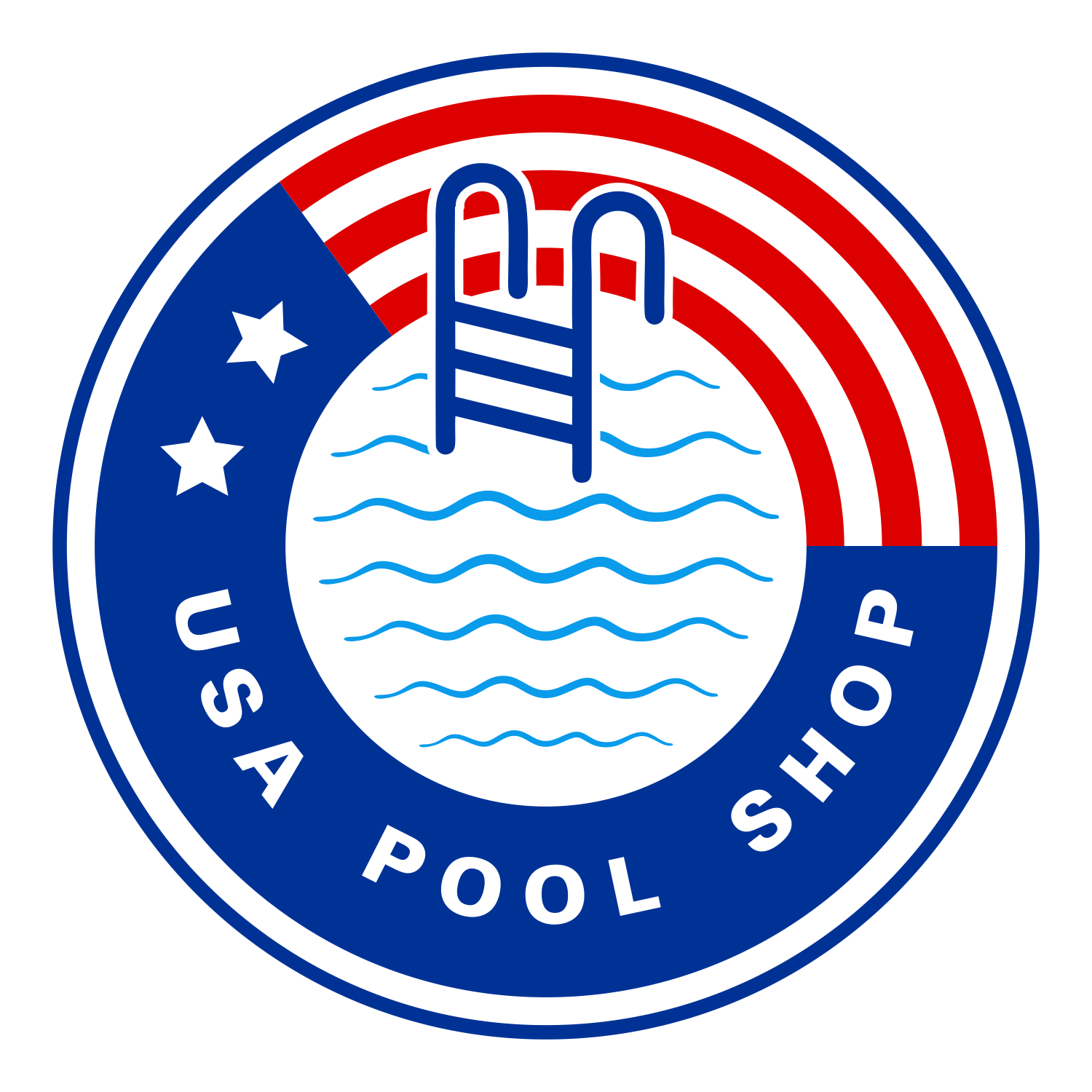


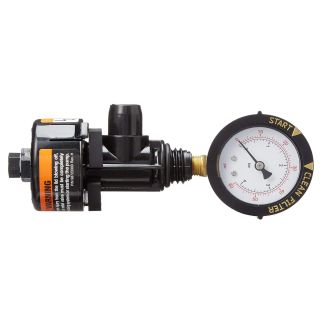
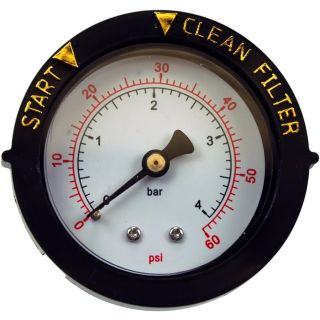
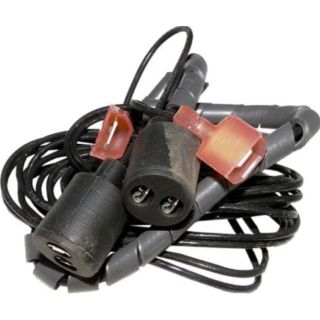





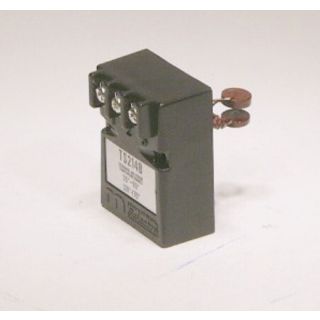
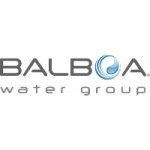








Validate your login